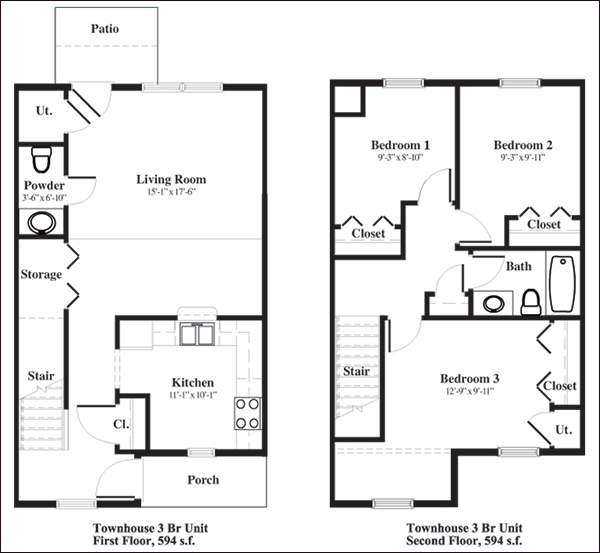Smart Home Technologies Improving Senior Care – A pilot program at Masonic Homes of California tests how sensors, mobile devices and software can impact the quality of care for seniors.
In 2014, 46.2 million Americans, or 14.5 percent of the population, were 65 or older, according to the U.S. Department of Health and Human Services. By 2040, that number is projected to grow to 21.7 percent.
In partnership with CDW Healthcare, Masonic Homes of California has launched a smart home technologies pilot program to demonstrate the potential impact of technology on senior care. MHC operates several senior care communities that range from independent and assisted living to dementia and hospice care.
MHC created technology-enabled residential units in its Union City and Covina locations to assess how the combination of sensors, mobile devices, and software can meet the diverse needs of seniors and their families, whether they live at an MHC facility or not.
Smart Home Technologies Improving Senior Care, include:
- Environmental controls and sensors: These include remotely programmable thermostats and temperature/humidity sensors in multiple locations throughout residents’ apartments. These devices keep the living space comfortable while controlling utility costs. Sensors also improve safety by detecting windows left open or high humidity, factors that may increase the risk of a fall on an overly damp floor.
- Visual doorbell: Doorbells in MHC pilot units are linked to apartment lighting so that selected lights can flash when a visitor rings the doorbell, providing a visual alert for a resident who is hard of hearing. A camera and microphone at the door let residents launch video chats with an arriving visitor from their smartphone or tablet, even when residents are away from home. This capability enhances both security and social connectedness.
- Bed sensors: Sensors embedded in residents’ mattresses or in a “smart mat” added to their bedding can track respiration rate, heart rate, sleep duration, motion during sleep, and the number of times a resident gets in and out of bed during the night.
- Digital medication dispensers: These devices help seniors manage their often complex medication regimens, alerting them if they forget to take a pill at the appropriate time. Devices hold a 90-day supply of up to 15 medications, alerting both users and caregivers via text and email when it’s time to reorder. Authorized users can also change or discontinue dosages from a browser or mobile app.
- Additional sensors: MHC is also experimenting with sensors on stoves, in refrigerator doors, under sinks and elsewhere to track resident activity and help prevent accidents. Caregivers can also monitor a resident’s presence in his or her apartment using a key fob or smartphone.
In the future, smart home technologies and these types of sensors can be integrated with personal health monitors — digital scales, blood pressure monitors, blood glucose monitors and wearables such as Fitbit — that can transmit wireless data and generate the insight caregivers need to provide more attentive care.

Townhouse Condo Floor Plan
Cad Pro is an affordable and easy alternative to other more expensive design software programs. Cad Pro is great for creating kitchen design plans, innovative smart home designs, custom home plans, building plans, office plans, construction details, deck plans and much more.
CAD Pro allows anyone to share their ideas and plans with clients, colleagues or professional remodeling contractors using Dropbox®, Google Drive™, OneDrive®, and SharePoint®. Export files to Microsoft Word®, Excel®, and PowerPoint® with a single click.
CAD Pro has helped thousands of homeowners, professional designers, builders and contractors plan and design all types of floor plan designs. CAD Pro is used by NARI professional remodelers and contractors and the NRCA roofing contractors. CAD Pro is also used by NHBA home builders and contractors, the National Kitchen & Bath Association (NKBA). as well as the (NALP) National Association of Landscape Professionals.
